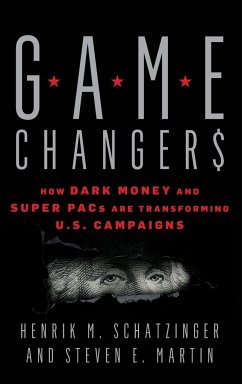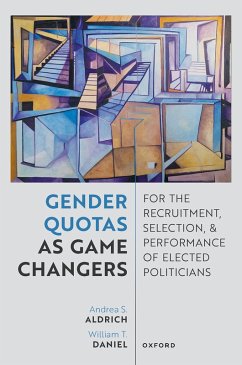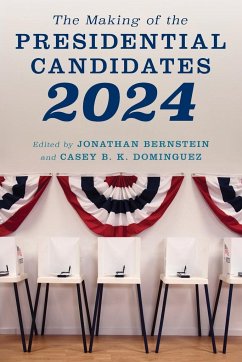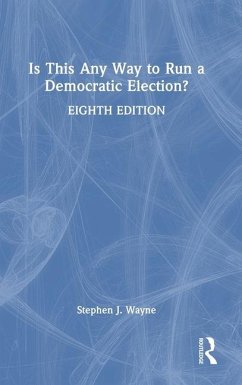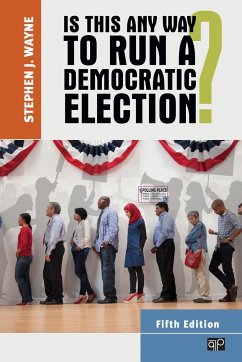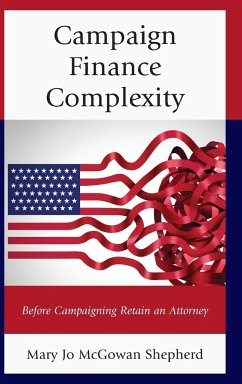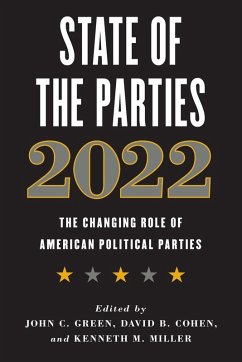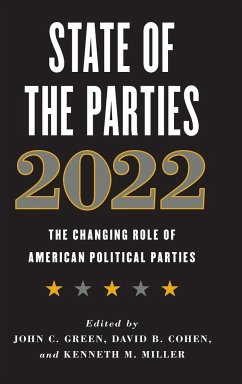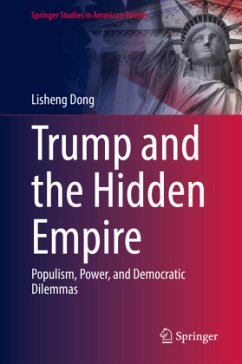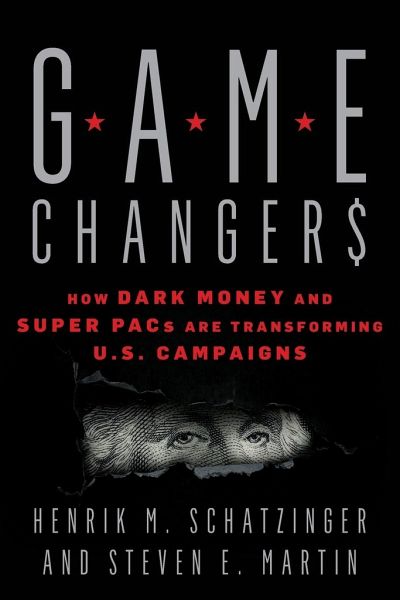
Game Changers
How Dark Money and Super PACs Are Transforming U.S. Campaigns
Versandkostenfrei!
Versandfertig in 1-2 Wochen
35,99 €
inkl. MwSt.
Weitere Ausgaben:

PAYBACK Punkte
18 °P sammeln!
A supplemental textbook that shows how outside groups, specifically dark money groups and super PACs, are profoundly changing political campaigns since Citizens United v. FEC (2010).




